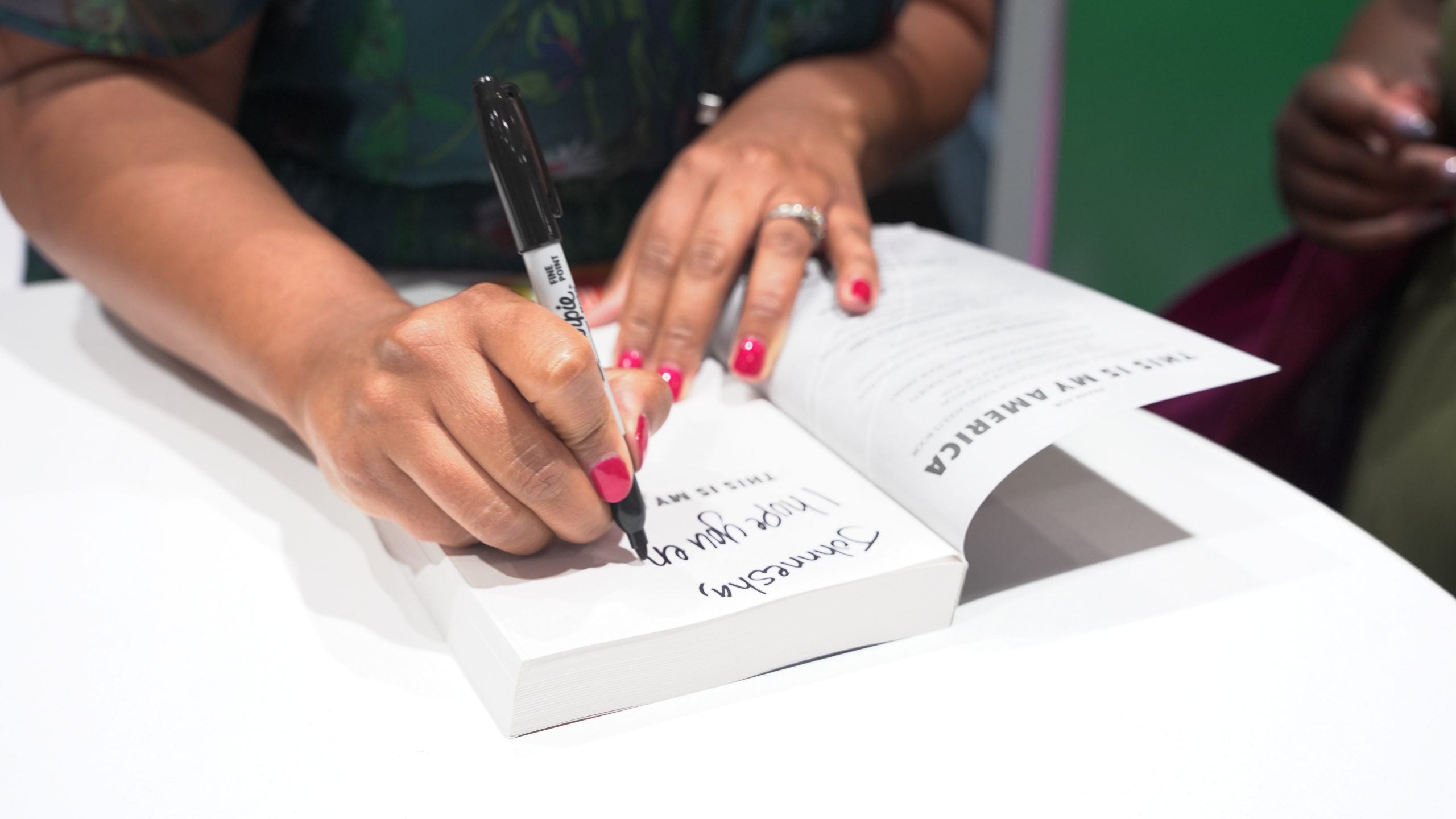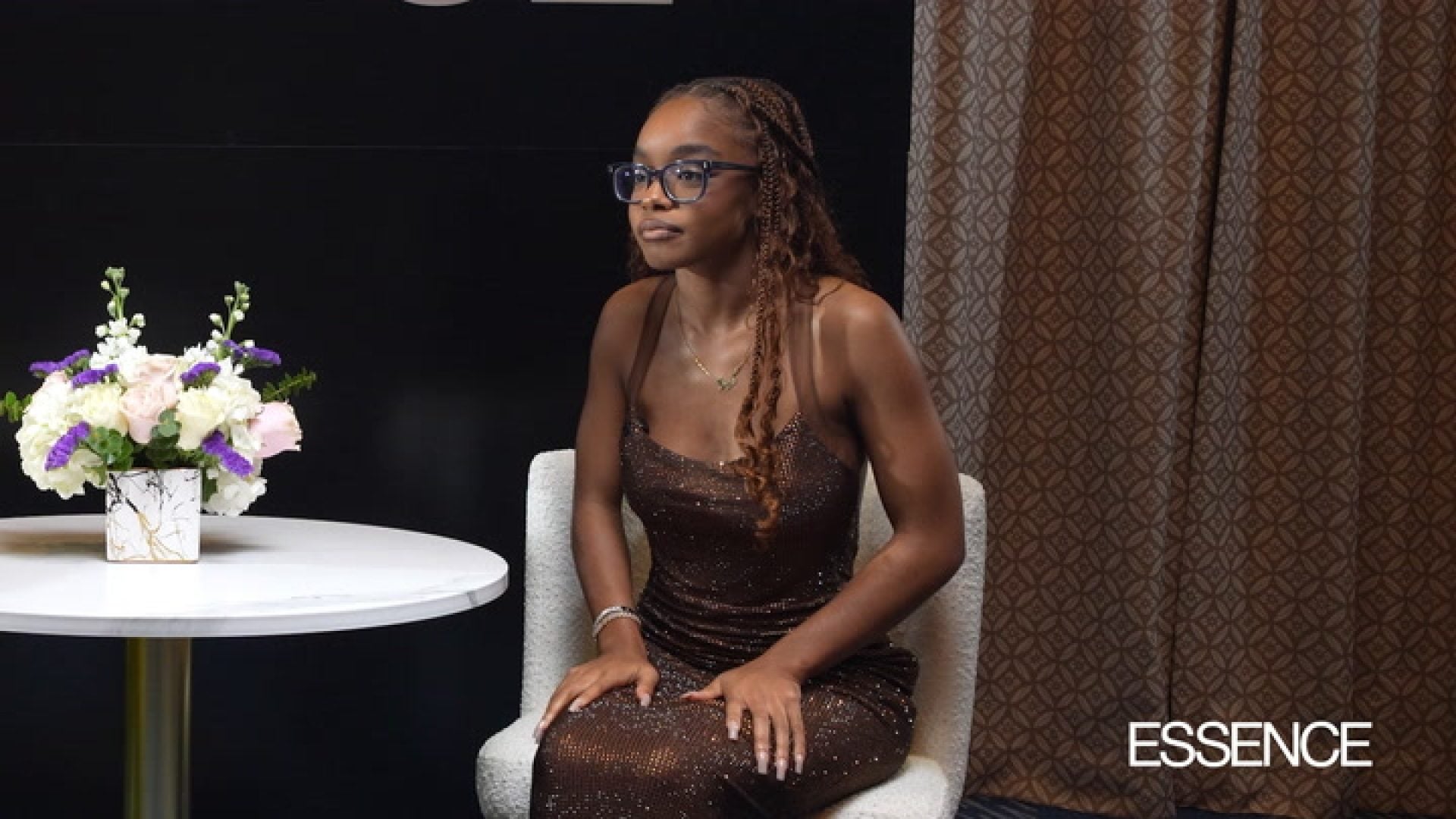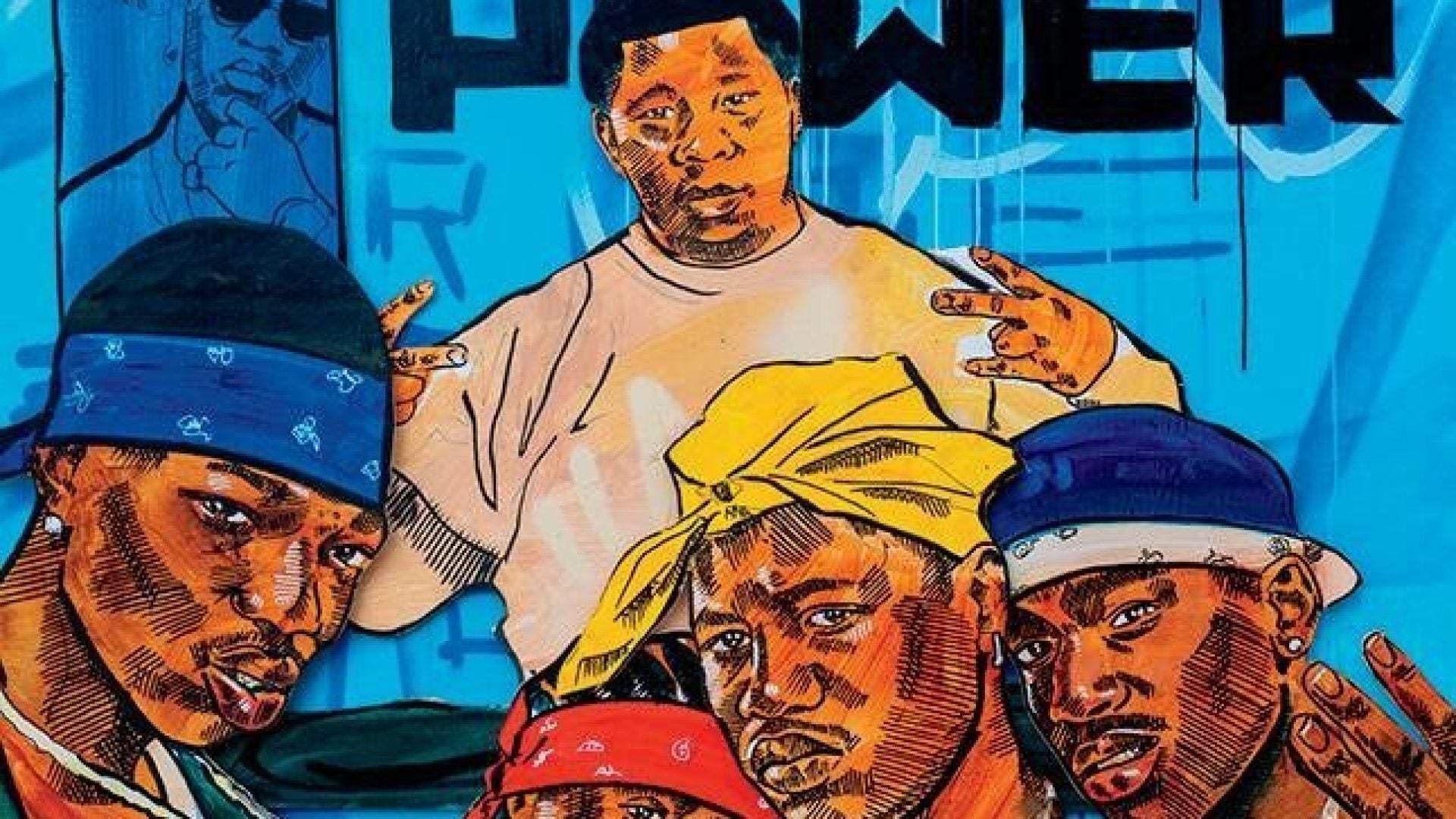
“I feel like our voices are being stifled and our children’s voices are being stifled, so it’s extremely important that we are here to discuss how we navigate those waters, to be able to get the books in the hands of our children and see ourselves in those books,” says Tamika Rasheed.
Rasheed, the moderator of Fight The Power: Black and Banned Books, a chat at the ESSENCE Authors stage at the 2023 ESSENCE Festival of Culture, representation in children’s literature is a love and passion of hers that she shares on social media under the handle @readingroom444.
An educator of 17 years and book influencer, Rasheed felt as a child that she experienced a “ban” on books because of the lack of representation in children’s literature. Within the last ten years, racially diverse characters in children’s literature have increased. However, the influx of diversity in the literature has ushered a wave book bans across the country, impacting almost 4 million students.
The vast majority of banned books are penned by Black and LGBTQ2IA+ authors. Florida banned Amanda Gorman’s “The Hill We Climb” poem. “My book American Street about an immigrant girl moving to Detroit, has been challenged in Illinois and Pennsylvania,” said author Ibi Zoboi. “My anthology Black Enough, featuring 16 other Black authors, has also been challenged.”

As a child, Zobi resonated with the stories of quirky white girl characters like Judy Blume, Pippi Longstocking, and Punky Brewster. Although the stories displayed a story of girlhood, she still needed one representing Black girlhood.
“When I think about what I’m writing for my 16-year-old son, my 9-year-old daughter, I’m thinking about all the stories and experiences that I never had a chance to really see myself in and then writing it for this generation,” said author Kim Johnson. This Is My America and Invisible Son, her latest release, tell the story of Black boys and girls navigating adolescence in a COVID-19 and #BlackLivesMatter world. “Every time I think about my story, I think about my book in the hands of Black youth. I never had that sort of experience myself.”
Despite the onslaught of book bans, there is a positive movement. Earlier this month, Governor J.B. Pritzker signed legislation to outlaw literary bans in the state. The family of award-winning author George M. Johnson fought to keep his book in circulation when it was at risk of being banned in a New Jersey public library. Even appearances at events like the ESSENCE Festival of Culture encourage publishers and the literary marketplace to support and invest in Black authors.
“There are so many community organizations that we can tap into. Churches that can provide the books and spaces” said Johnson. She asks readers and fans of children’s literature to advocate for the organizations they are actively involved in and establish partnerships with teachers in their school districts. Zoboi believes the most powerful thing readers can do is create a reading diet at home. Whether through an in-house library or time spent at the library, the award-winning author says the love of book reading and ownership assists in cultivating reading in the next generation. “Coming-of-age stories exist way more in books than in film and tv,” said Zoboi.
As the chat ended with applause and Black women of different generations congregated around the authors to thank them for their words, Johnson ended on a somber note. “We’ve always had to struggle to get our stories out, but we have always found ways to do that.”






